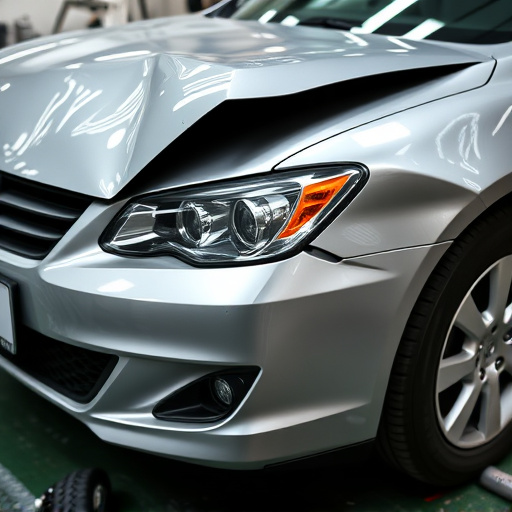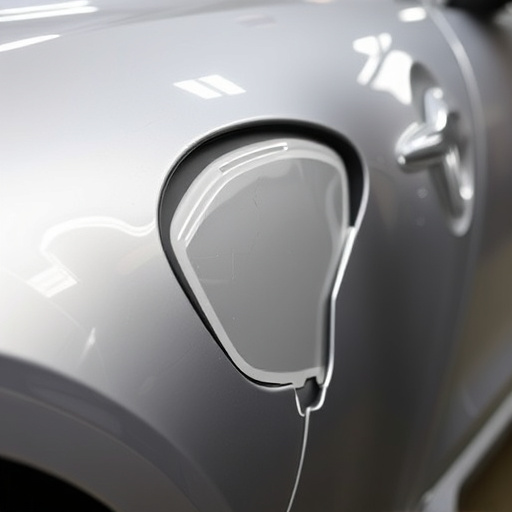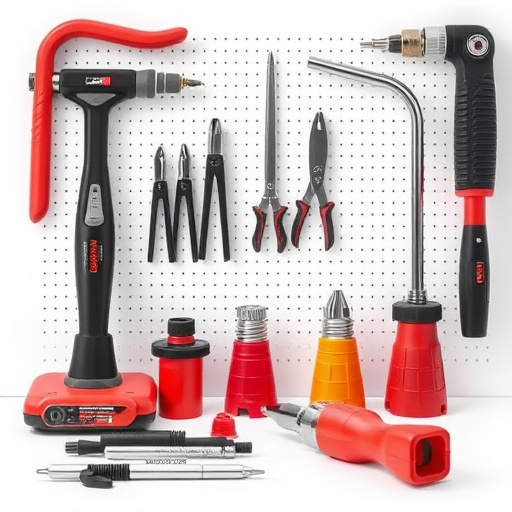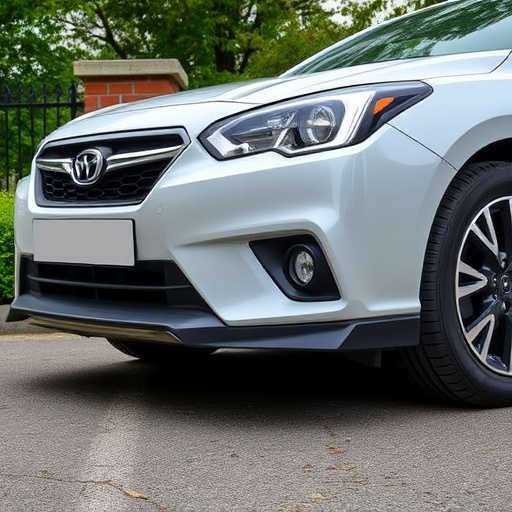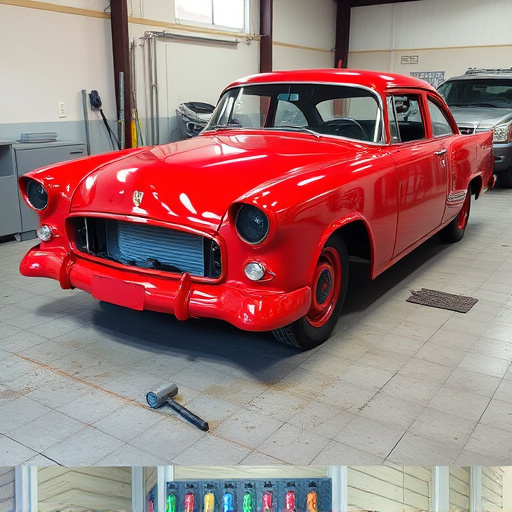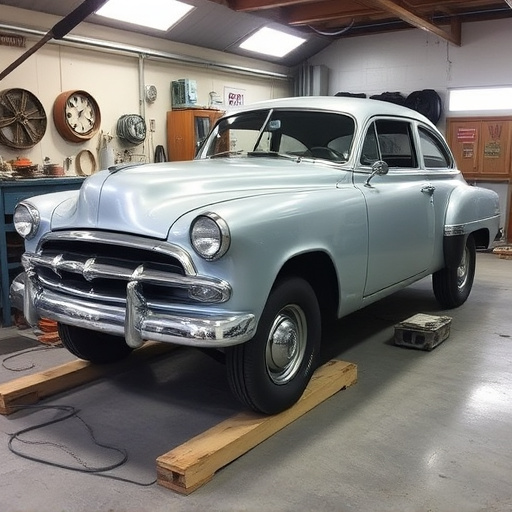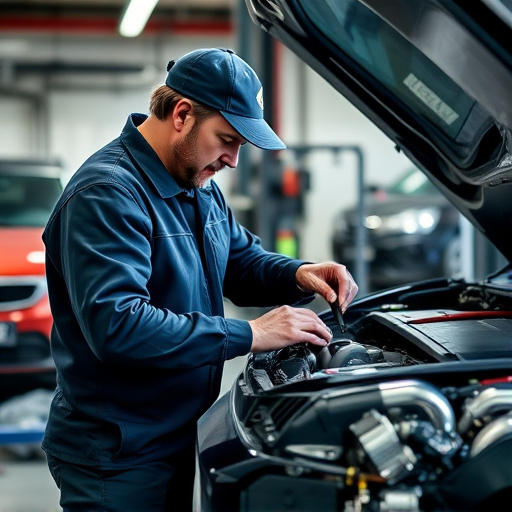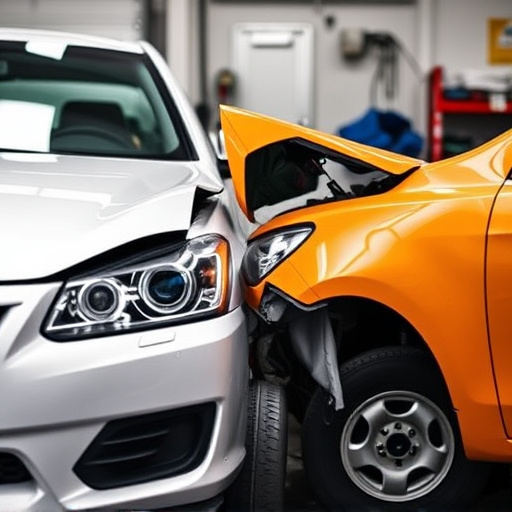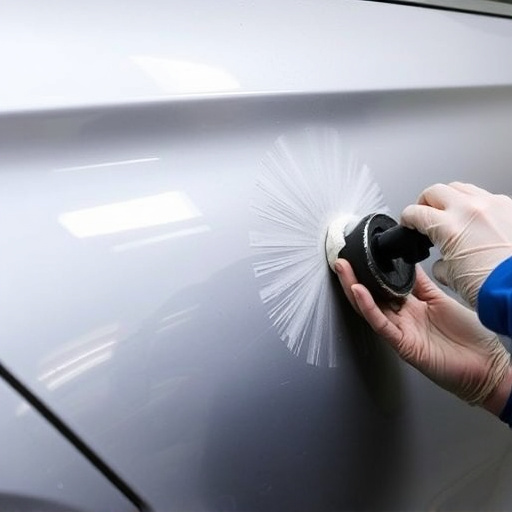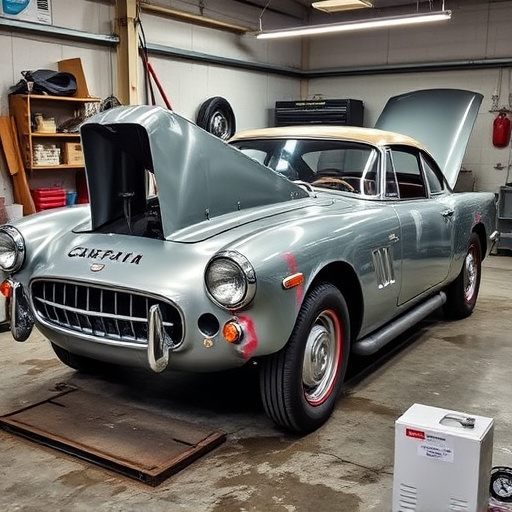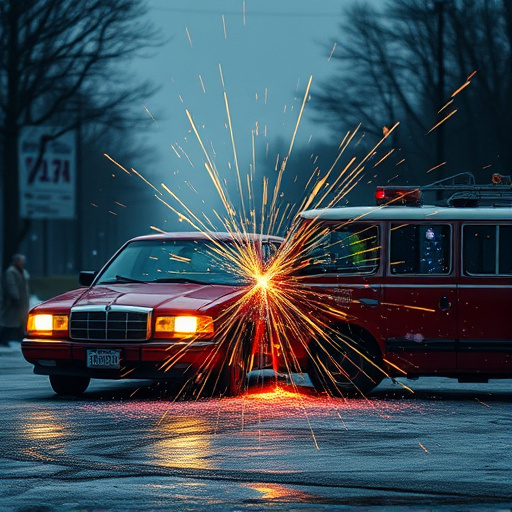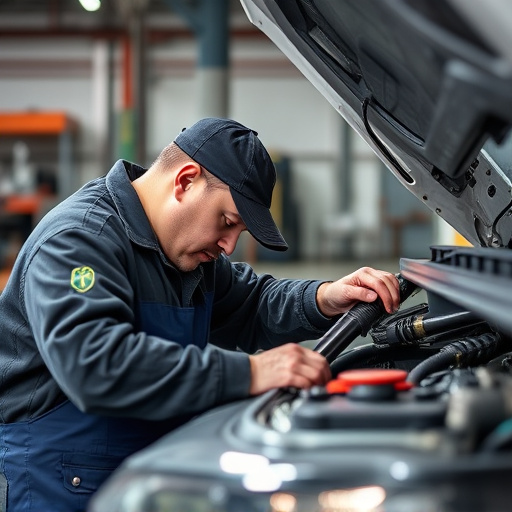Consider vehicle age, maintenance history, fuel efficiency, safety features and cost comparison between repairs and replacement when making a repair vs replace decision. Assess repair versus market value for newer models, consult specialists on warranties and practical financial choices that balance restoration with practicality.
When faced with the choice between repairing or replacing your car, understanding the nuances of older versus newer models is crucial. This article guides you through the decision-making process, offering insights into key factors for older vehicles and evaluating repair vs. replace options. For newer models, we explore strategies to make informed decisions, ensuring you maximize value and minimize cost. By considering maintenance history, repair costs, and technological advancements, you’ll be well-equipped to navigate this essential automotive choice.
- Factors to Consider for Older Vehicles
- Evaluating Repair vs Replace Options
- Making Informed Decisions for Newer Models
Factors to Consider for Older Vehicles

When faced with a repair vs replace decision for older vehicles, several factors come into play. Age is a significant indicator; as vehicles age, their maintenance costs tend to increase due to wear and tear. Older models might be less efficient in terms of fuel economy and safety features compared to newer ones. Therefore, assessing the vehicle’s historical maintenance records is crucial. Regular upkeep and timely repairs can extend the lifespan of an older car, making it a more cost-effective choice in some cases.
Additionally, considering the availability of replacement parts is essential. For classic or vintage vehicles, finding authentic or compatible auto glass replacement, especially for specialized components like windshields, may be challenging. In such instances, automotive restoration becomes a viable option. However, it’s important to weigh these considerations against the overall condition of the vehicle and the costs involved in either repairing or replacing it.
Evaluating Repair vs Replace Options

When considering whether to repair or replace an older vehicle versus a newer model, it’s crucial to weigh several factors. The age and condition of the vehicle play significant roles in this decision. Older cars, often requiring more specialized parts and expertise for repairs, might be more expensive to maintain over time. On the other hand, newer models typically benefit from improved safety features and advanced technology, which can make repairs less feasible or cost-effective than a complete overhaul.
Evaluating repair vs. replace options involves balancing immediate costs with long-term expenses. A visit to a collision center or automotive body shop for repairs might offer a temporary fix, but if the vehicle is in frequent need of service, replacing it could be the more sensible choice. Considering the broader context of automotive restoration, making an informed decision based on these factors can lead to better ownership experiences and financial outcomes.
Making Informed Decisions for Newer Models

When considering a repair vs replace decision for newer vehicle models, several factors come into play. Firstly, owners should assess the cost of repairs versus the current market value of their car. If the repair bill is expected to be substantial and close to or exceeding the vehicle’s worth, replacement might be more economical in the long run. Modern vehicles also benefit from advanced safety features and fuel efficiency that older models lack, which can significantly impact the decision.
Additionally, newer cars often come with better warranties that can cover potential future repairs, offering peace of mind. However, these warranties have specific terms and conditions, so understanding them is crucial before deciding on extensive auto body services like bumper repair. Consulting with automotive restoration specialists can help owners make informed decisions, ensuring they get the best value for their investment while considering both practical and financial aspects.
When deciding between repairing or replacing vehicles, age is a significant factor. For older models, a thorough inspection and assessment of repairable components can extend their lifespan. However, newer vehicles often come with advanced technologies that may require specialized parts and expertise for effective repairs, making replacement the more viable option. Understanding these distinctions empowers car owners to make informed decisions, ensuring either choice aligns with their budget and vehicle’s long-term health.
